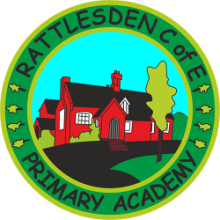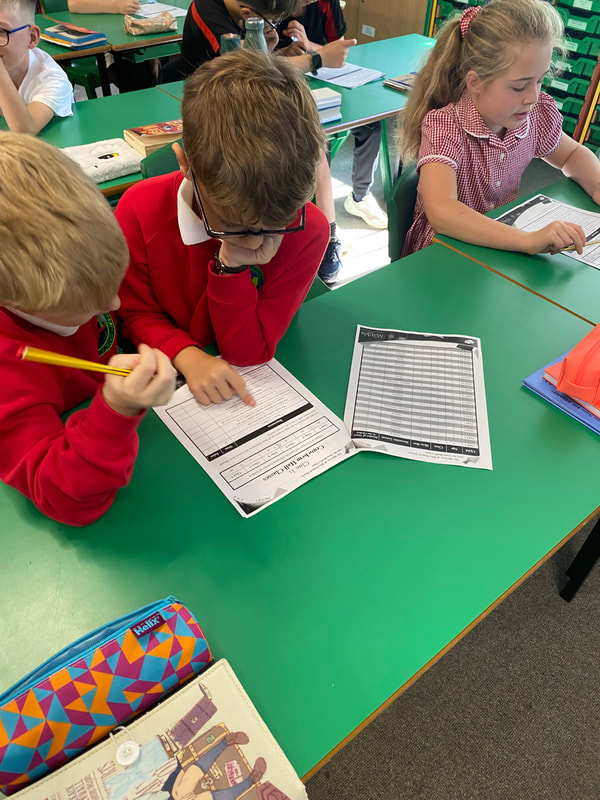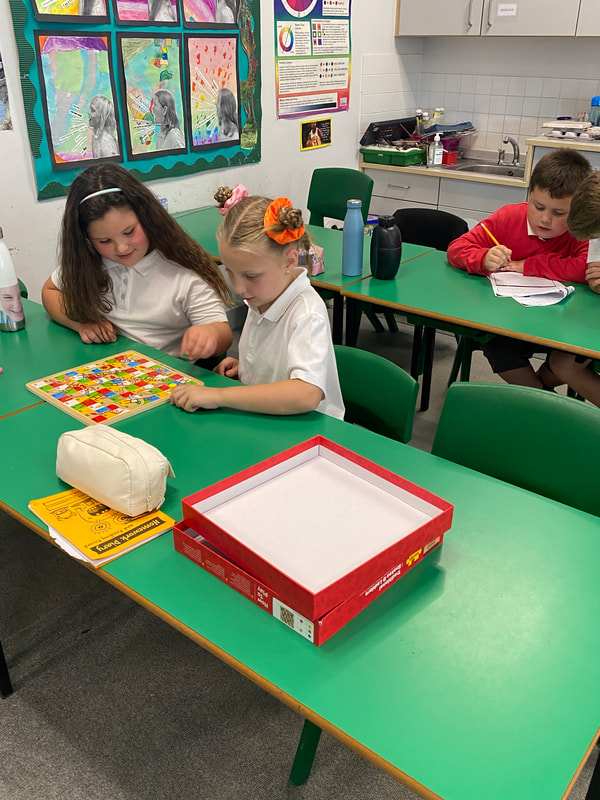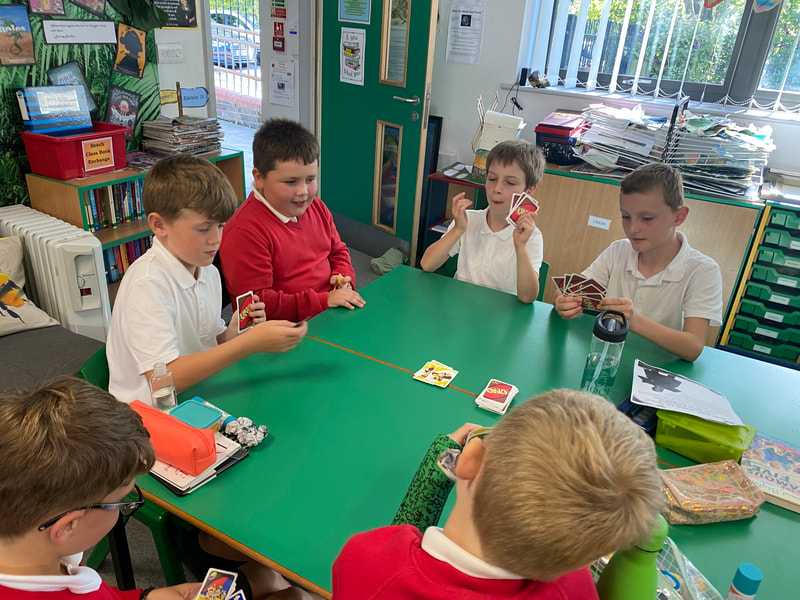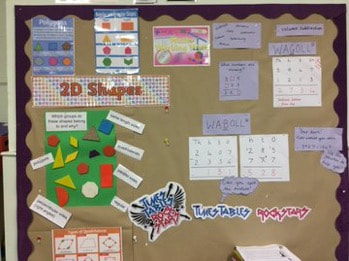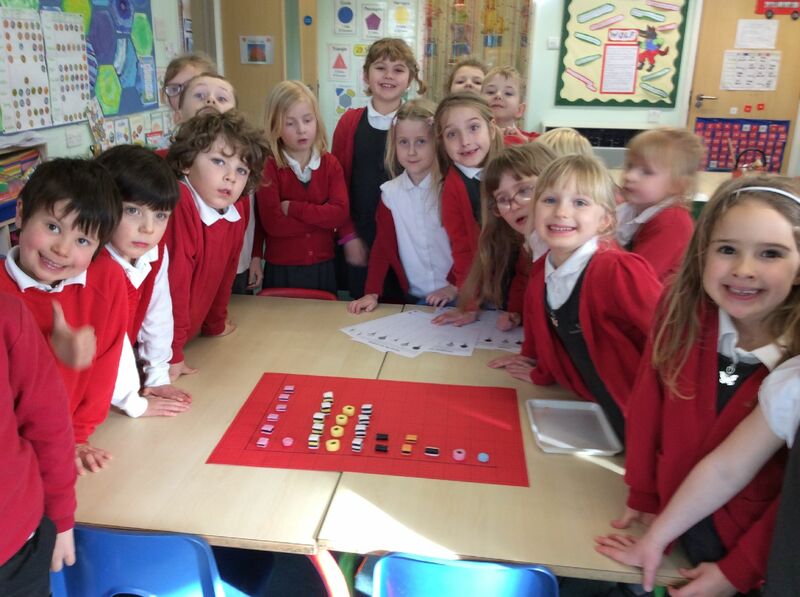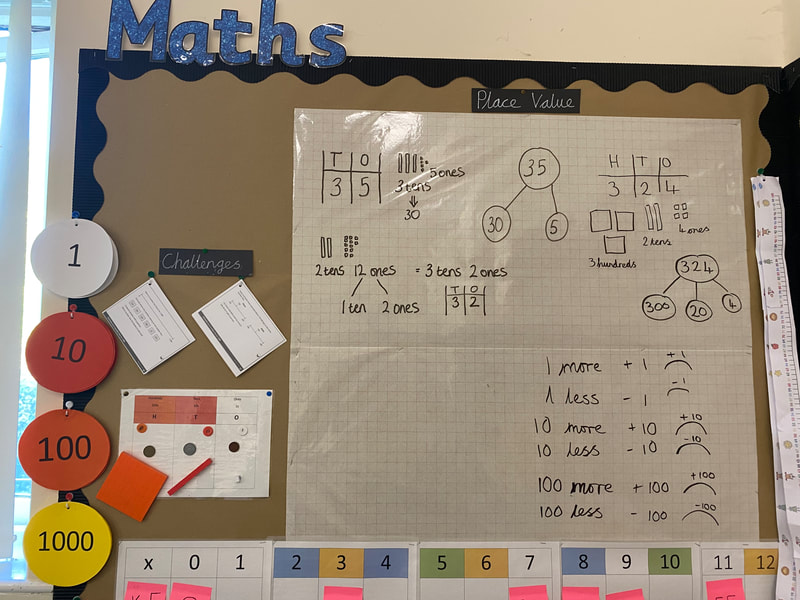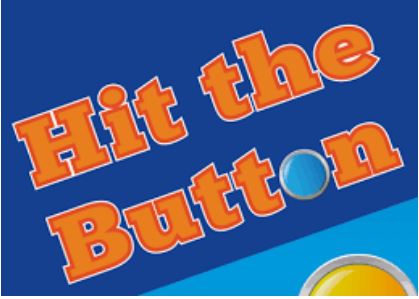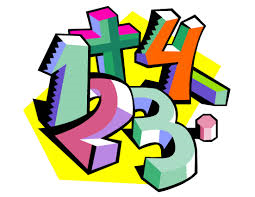At Rattlesden Primary Academy, we are committed to providing our children with a curriculum that has a clear intention and impacts positively upon their needs.
Curriculum Statement for the Teaching and Learning of Mathematics at Rattlesden
National Curriculum Intent:
The National Curriculum for mathematics intends to ensure that all pupils:
1. Become fluent in the fundamentals of mathematics, including through varied and frequent practice with increasingly complex problems over time, so that pupils develop conceptual understanding and the ability to recall and apply knowledge rapidly and accurately.
2. Reason mathematically by following a line of enquiry, conjecturing relationships and generalisations, and developing an argument, justification or proof using mathematical language.
3. Can solve problems by applying their mathematics to a variety of routine and non-routine problems with increasing sophistication, including breaking down problems into a series of simpler steps and persevering in seeking solutions Mathematics is an interconnected subject in which pupils need to be able to move fluently between representations of mathematical ideas. The programmes of study are, by necessity, organised into apparently distinct domains, but pupils should make rich connections across mathematical ideas to develop fluency, mathematical reasoning and competence in solving increasingly sophisticated problems. They should also apply their mathematical knowledge to science and other subjects. The expectation is that the majority of pupils will move through the programmes of study at broadly the same pace. However, decisions about when to progress should always be based on the security of pupils’ understanding and their readiness to progress to the next stage. Pupils who grasp concepts rapidly should be challenged through being offered rich and sophisticated problems before any acceleration through new content. Those who are not sufficiently fluent with earlier material should consolidate their understanding, including through additional practice, before moving on.
Curriculum Intent
When teaching mathematics at Rattlesden, we intend to provide a curriculum which caters for the needs of all individuals and provides with the necessary skills and knowledge for them to become successful in their future lives- wherever they may lead. We incorporate sustained levels of challenge through varied and high-quality activities with a focus on fluency, reasoning and problem solving. Pupils are required to explore mathematics in depth, using mathematical vocabulary to reason and explain their workings. If possible, new concepts are introduced using concrete resources before moving on to use pictorial and abstract approaches. These models and approaches are revisited regularly during lessons to consolidate understanding and to ensure a commonality of approach.They are taught to explain their choice of methods and develop their mathematical reasoning skills. We encourage resilience and acceptance that struggle is often a necessary step in learning. Our curriculum allows children to better make sense of the world around them relating the pattern between mathematics and everyday life.
This 'intent' is underpinned by:
Fluency
We intend for all pupils to become fluent in the fundamentals of mathematics, including through varied and frequent practice with increasingly complex problems over time, so that pupils develop conceptual understanding and the ability to recall and apply knowledge rapidly and accurately.
Problem Solving
We intend for all pupils to solve problems by applying their mathematics to a variety of routine and non-routine problems with increasing sophistication, including breaking down problems into a series of simpler steps and persevering in seeking solutions.
Reasoning
We intend for all pupils to reason mathematically by following a line of enquiry, conjecturing relationships and generalisations, and developing an argument, justification or proof using mathematical language.
Vocabulary
We intend to create a vocabulary rich environment, where talk for Maths is a key learning tool for all pupils.
Pre-teaching key vocabulary is a driver for pupil understanding and develops the confidence of pupils to explain mathematically.
Implementation
We implement our approach through high-quality teaching delivering appropriately challenging work for all individuals. To support us we have a range of mathematical resources in classrooms including Numicon, Base10 and counters. We also use a range of planning resources including those provided by the White Rose Hubs, NCETM and NRICH. We continuously strive to better ourselves and frequently share ideas and things that have been particularly effective or that we have learned on relevant training courses. Through our teaching we continuously monitor pupils’ progress against expected attainment for their age, making formative assessment notes where appropriate and using these to inform our discussions in termly Pupil Progress Meetings and update our summative school tracker (Insight). The main purpose of all assessment is to ensure that we are providing excellent provision for every child.
Impact
Pupil Voice
Through discussion and feedback, children talk enthusiastically about their Maths lessons and speak about how they love learning about Maths. They can articulate the context in which Maths is being taught and relate this to real life purposes.
Evidence in Knowledge
Pupils know how and why Maths is used in the outside world and in the workplace. They know about different ways that maths can be used to support their future potential.
Evidence in Skills
Pupils use acquired vocabulary in Maths lessons. They have the skills to use methods independently and show resilience when tackling problems.
Breadth and Depth
Teachers plan a range of opportunities to use Maths inside and outside school.
Curriculum Statement for the Teaching and Learning of Mathematics at Rattlesden
National Curriculum Intent:
The National Curriculum for mathematics intends to ensure that all pupils:
1. Become fluent in the fundamentals of mathematics, including through varied and frequent practice with increasingly complex problems over time, so that pupils develop conceptual understanding and the ability to recall and apply knowledge rapidly and accurately.
2. Reason mathematically by following a line of enquiry, conjecturing relationships and generalisations, and developing an argument, justification or proof using mathematical language.
3. Can solve problems by applying their mathematics to a variety of routine and non-routine problems with increasing sophistication, including breaking down problems into a series of simpler steps and persevering in seeking solutions Mathematics is an interconnected subject in which pupils need to be able to move fluently between representations of mathematical ideas. The programmes of study are, by necessity, organised into apparently distinct domains, but pupils should make rich connections across mathematical ideas to develop fluency, mathematical reasoning and competence in solving increasingly sophisticated problems. They should also apply their mathematical knowledge to science and other subjects. The expectation is that the majority of pupils will move through the programmes of study at broadly the same pace. However, decisions about when to progress should always be based on the security of pupils’ understanding and their readiness to progress to the next stage. Pupils who grasp concepts rapidly should be challenged through being offered rich and sophisticated problems before any acceleration through new content. Those who are not sufficiently fluent with earlier material should consolidate their understanding, including through additional practice, before moving on.
Curriculum Intent
When teaching mathematics at Rattlesden, we intend to provide a curriculum which caters for the needs of all individuals and provides with the necessary skills and knowledge for them to become successful in their future lives- wherever they may lead. We incorporate sustained levels of challenge through varied and high-quality activities with a focus on fluency, reasoning and problem solving. Pupils are required to explore mathematics in depth, using mathematical vocabulary to reason and explain their workings. If possible, new concepts are introduced using concrete resources before moving on to use pictorial and abstract approaches. These models and approaches are revisited regularly during lessons to consolidate understanding and to ensure a commonality of approach.They are taught to explain their choice of methods and develop their mathematical reasoning skills. We encourage resilience and acceptance that struggle is often a necessary step in learning. Our curriculum allows children to better make sense of the world around them relating the pattern between mathematics and everyday life.
This 'intent' is underpinned by:
Fluency
We intend for all pupils to become fluent in the fundamentals of mathematics, including through varied and frequent practice with increasingly complex problems over time, so that pupils develop conceptual understanding and the ability to recall and apply knowledge rapidly and accurately.
Problem Solving
We intend for all pupils to solve problems by applying their mathematics to a variety of routine and non-routine problems with increasing sophistication, including breaking down problems into a series of simpler steps and persevering in seeking solutions.
Reasoning
We intend for all pupils to reason mathematically by following a line of enquiry, conjecturing relationships and generalisations, and developing an argument, justification or proof using mathematical language.
Vocabulary
We intend to create a vocabulary rich environment, where talk for Maths is a key learning tool for all pupils.
Pre-teaching key vocabulary is a driver for pupil understanding and develops the confidence of pupils to explain mathematically.
Implementation
We implement our approach through high-quality teaching delivering appropriately challenging work for all individuals. To support us we have a range of mathematical resources in classrooms including Numicon, Base10 and counters. We also use a range of planning resources including those provided by the White Rose Hubs, NCETM and NRICH. We continuously strive to better ourselves and frequently share ideas and things that have been particularly effective or that we have learned on relevant training courses. Through our teaching we continuously monitor pupils’ progress against expected attainment for their age, making formative assessment notes where appropriate and using these to inform our discussions in termly Pupil Progress Meetings and update our summative school tracker (Insight). The main purpose of all assessment is to ensure that we are providing excellent provision for every child.
Impact
Pupil Voice
Through discussion and feedback, children talk enthusiastically about their Maths lessons and speak about how they love learning about Maths. They can articulate the context in which Maths is being taught and relate this to real life purposes.
Evidence in Knowledge
Pupils know how and why Maths is used in the outside world and in the workplace. They know about different ways that maths can be used to support their future potential.
Evidence in Skills
Pupils use acquired vocabulary in Maths lessons. They have the skills to use methods independently and show resilience when tackling problems.
Breadth and Depth
Teachers plan a range of opportunities to use Maths inside and outside school.
Vocabulary progression
Progression of skills
Maths Club
Each Monday lunchtime, Mrs Haydon runs a maths club for upper KS2 in Beech class. It's an opportunity to play maths board games, play maths games on the computer and carry out maths investigations.
Maths Day activities March 2023
Times Tables
How are your times tables?
All children are expected to know their tables up to and including 12x12 by the end of Year 4.
The statutory multiplication table check will take place in June of each year, for all Year 4 pupils across the country.
Click below to read the government's guidance:
All children are expected to know their tables up to and including 12x12 by the end of Year 4.
The statutory multiplication table check will take place in June of each year, for all Year 4 pupils across the country.
Click below to read the government's guidance:
Useful Times Tables Websites
Other Fun Websites
BBC Bitesize
Great website for an all round introduction to mathematical areas that your child will work through. This website breaks down into separate key stage one and key stage two.
http://www.bbc.co.uk/education
Numeracy Shed
Very interesting website with plenty of maths games, problems and challenges.
http://www.mathematicshed.com/
Maths Frame
Wide range of mathematical concepts are covered in this website. Come and explore.
http://mathsframe.co.uk/
Maths Sphere
Plenty of activities to complete on this website.
http://www.mathsphere.co.uk/
Maths is Fun
Maths explained in easy language, plus puzzles, games, worksheets and an illustrated dictionary.
http://Math is Fun (mathsisfun.com)
Woodlands Primary School
This amazing resources has a vast selection of interactive maths games.
http://primaryhomeworkhelp.co.uk/maths/index.html
Maths Playground
Lots of puzzles, problems and logic on this website. Hours of fun!
http://www.mathplayground.com/
Power Lines
Very addictive game involving addition of small numbers. Its not as easy as you think!
http://www.primarygames.co.uk/pg2/powerlines/powerlines1.html
Find Us |
|
Website by lizhawkins.co.uk
